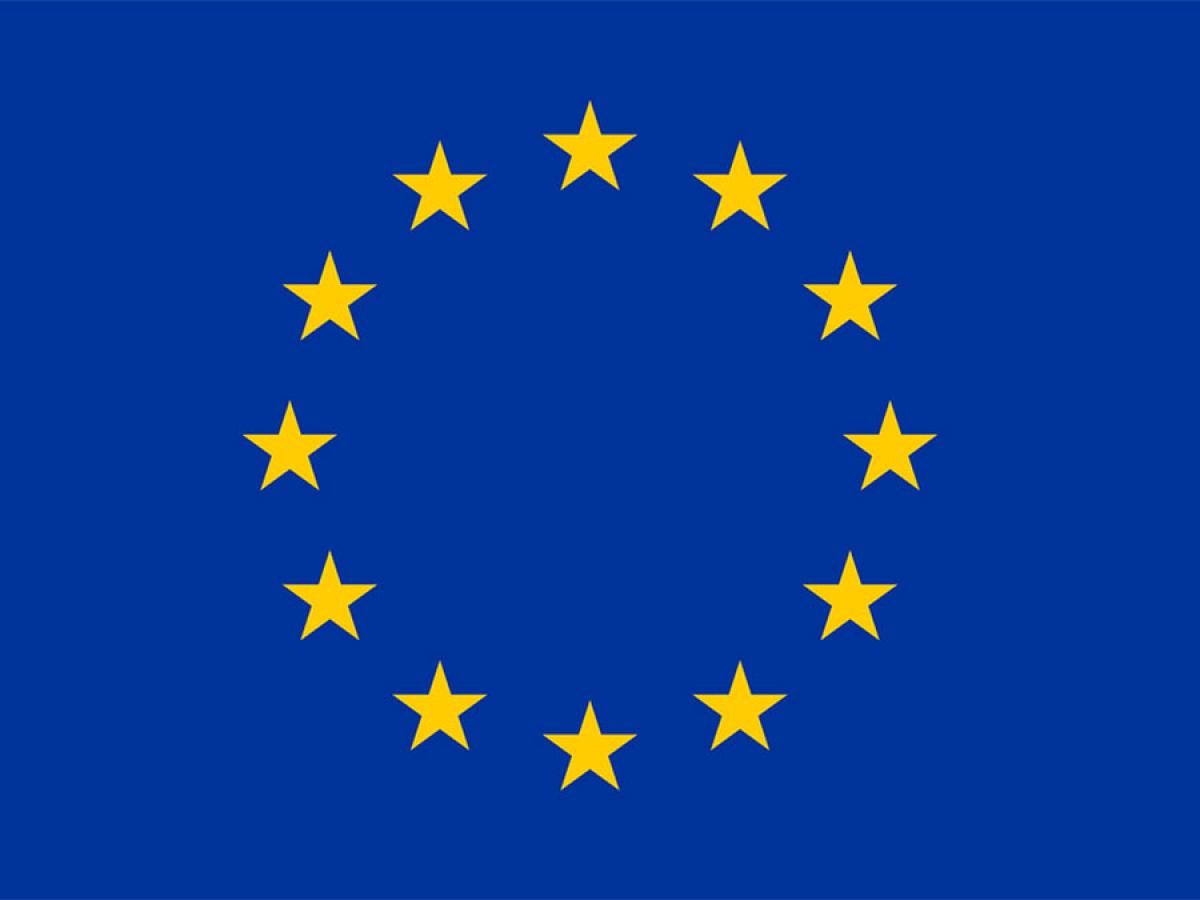Putting “Values” into Value Chains in an Era of System Rivalry

The EU and U.S. have a history of using trade agreements to project their value-systems on trading partners. The EU is forthright about this goal, stating: “projecting our rules and values in trade agreements helps the EU shape globalisation, especially on issues like human rights, working conditions and environmental protection”.
Likewise, the United States Trade Representative Report for 2021 states that: “President Biden seeks a fair international trading system that promotes inclusive economic growth and reflects America’s universal values”. These statements are reflected in trade agreements that typically require negotiating partners to either implement, or set a timeframe for implementing, value-based requirements across economic, environmental and social domains.
In contradistinction to the EU and U.S., China’s long-held position regarding state-to-state relations, including trade, is that such relations be conducted according to the norm of non-interference in domestic matters. China views any attempt of value-imposition as a form of interference, and an attack on its sovereignty. Thus we have conflicting norms for engaging state-to-state relations: value-projection (liberal democracies) vs non-interference (China), with these opposing positions evident in the recent Xinjiang sanctions affair.
In March 2021 the U.K., EU, U.S. and Canada simultaneously applied economic sanctions on Chinese officials, in light of reports of forced labour and human rights abuses in Xinjiang. The Chinese state has strongly denied these reports and responded with its own counter sanctions against officials in each of the above states, and the EU.
However, China’s response extended beyond official sanctions into grey-zone economic tactics that directly embroil overseas firms operating in China’s domestic market. These grey-zone tactics involve state-sanctioned national boycotts of selected foreign businesses with origins in the national states which the Chinese government wishes to punish. South Korea’s Lotte suffered such a fate in 2017 when it provided land for the location of a U.S. antimissile system.
In the 2021, China’s counter-sanctions coincided with grey-zone tactics against H&M, Nike, Burberry and Adidas. H&M in particular was targeted for past statements expressing concern about reports of forced labour, and for stating no cotton from Xinjiang would be used in its supply chains. Consequences were swift and significant, with the BBC reporting that: “In just 24 hours H&M has been all but erased from China's digital world; you can't buy its tops and dresses on the biggest online retail platforms, you can't get a taxi to take you to one of its shops on the biggest ride hailing app”.
Official Chinese statements on the issue have reinforced the point, with Xinjiang government spokesman Xu Guixiang stating “I don’t think a company should politicize its economic behaviour”, adding “Can H&M continue to make money in the Chinese market? Not anymore”. China’s response is having the desired effect. Major global corporations including Inditex, Hugo Boss and Fila are reported to have deleted or backpedaled on previous statements indicating concern over forced labour in Xinjiang. The Chinese demand that foreign firms should not politicize their business activities raises significant issues for private firms, for democratic governments, and for the world trading system. It is worth assessing each of these in turn.
First, private firms from liberal democracies operating in China now find themselves in the position of having to respond to corporate social responsibility pressures from civil society, consumers and national governments in home markets. This requires firms to make statements on whether their global supply chains are ethical, as well as to implement ameliorative action if required.
On the other hand, firms face economic punishment by China for making statements or implementing supply chain policies for ethical reasons, if those actions relate to Chinese elements of the chain. Thus firms need to comply with Chinese requirements of non-interference in China’s domestic affairs to avoid being punished, resulting in a double-sided value squeeze comprising liberal human rights on one side, authoritarian non-interference on the other.
Governments of liberal democracies intent on using sanctions to pressure China on human rights also face the challenge of backlash from an increasingly confident China that is increasingly using extra-territorial sanctioning tools to respond in kind. China also has large economic leverage to wield against targeted foreign firms through domestic grey-zone tactics such as state-sanctioned consumer boycotts or use of administrative measures, which can apply pressure to governments.
From a trade perspective, a further significant consequence of the growth of grey-zone tactics by major players is the corrosive effect on the normative glue holding the rules-based order together. Grey-zone coercive practices are by definition difficult, if not impossible, to prosecute using existing trade rules. Frequent and growing usage will undermine multilateralism, and push members to prioritize agreements with high-trust “like-minded” partners.
In an era of systemic rivalry, global value chains are already under pressure for selective decoupling with regard to critical goods and commodities that have national security implications, including rare earths, 5G, and semiconductors. The cascading chain of events surrounding the most recent Xinjiang sanctions indicate that ideological values are now another vector along which selective decoupling pressures will evolve.
The U.S. National Security Strategic Guidance released in March 2021 stated “We will ensure that U.S. companies do not sacrifice American values in doing business in China”. Likewise, China is demanding that foreign firms to adapt to its political system. Meeting both demands is looking increasingly untenable.
It is unclear at this stage whether selective decoupling will involve entire value chains, or instead select inputs deemed critical along part of a given chain. Factors such as substitutability (supplier choice) and likelihood of economic coercion (supplier trustworthiness) will play important determining roles.
The stakes for multinationals are high. South Korea’s Lotte exited China’s market in 2019, despite investing $9.6 billion since entry in 2004, citing growing losses since 2017. The company cited the 2017 antimissile boycott as a crucial factor in its declining income.
Firms operating simultaneously in liberal democracies and China will have to consider carefully the geopolitical risks arising from trading across a growing value-based rift. Firms will have to consider what values they wish to uphold in their value chains, and whether selective decoupling is a necessary form of risk mitigation in some circumstances.
The era of globalization based on a simple economic calculus is well and truly over, replaced by a far more complex systemic rivalry between entangled nations with increasingly divergent ideological motives.
Naoise McDonagh, Lecturer in Political Economy, Institute for International Trade
The views expressed here are the authors alone, and do not represent the views of the Institute for International Trade
Photo by University of Essex
The European Commission's support for the production of this publication does not constitute an endorsement of the contents, which reflect the views only of the authors, and the Commission cannot be held responsible for any use which may be made of the information contained therein.

With the support of the Erasmus+ Programme of the European Union
This work is licensed under Commons Attribution-NonCommercial-NoDerivatives 4.0 International License.
IIT is a global leader in researching, analysing and commenting on International Trade.
Stay informed about our up-and-coming seminars, events, publications, awards, new projects and collaborations, and other exciting news.
